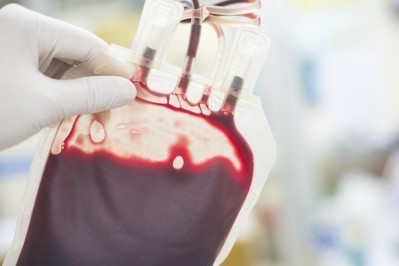Kamada raises $25M to pick up products to fill manufacturing facility

The supply of alpha1-proteinase inhibitor Glassia to Takeda is a key focus of Kamada’s manufacturing operation. With Takeda set to bring production of Glassia in house in 2022, Kamada needs products to fill the capacity currently occupied by the treatment for emphysema due to congenital deficiency of alpha-1 antitrypsin.
Kamada has raised $25m (€22.5m) to help it meet that need for products. FIMI Opportunity Funds, an Israeli private equity group, provided the money in a transaction that will leave it with a 21% stake in Kamada.
Amir London, CEO of Kamada, said the fresh injection of funds will enable his company to execute its business development strategy, which is “focused on identifying new product opportunities for our manufacturing plant and seeking complementary products via licensing and acquisition.”
London is looking to those products to fill Kamada’s manufacturing plant and offset revenues lost in the transfer of Glassia, which could be worth up to $180m to the company between 2019 and 2021.
Kamada expects the loss of the Glassia business to cause revenue and profitability to fall in 2021 and 2022, but is aiming to return to growth in 2023. To hit that target, Kamada is looking to grow sales of existing products and bring in additional drugs to make at the plant.
The $25m will help fund those aspirations. Kamada ended September with close to $67m in cash and other readily available funds.
With more money in place to execute the strategy, attention will now turn to whether Kamada can bring in the new products it needs. London expressed optimism about Kamada’s ability to identify and secure the right products on a conference call with investors late last year.
London said, “We do have strong confidence in the ability to bring in additional products. We are proactively working in the direction and we very strongly believe that we can increase our plant utilization post Glassia transition to Takeda.”
The search for new products is happening in parallel to efforts to grow existing medicines. Kamada expects US sales of anti-rabies immunoglobulin Kedrab to grow and is poised to provide commercial supplies of a hyper-immune globulin product for 12 years from 2023 onward.


















